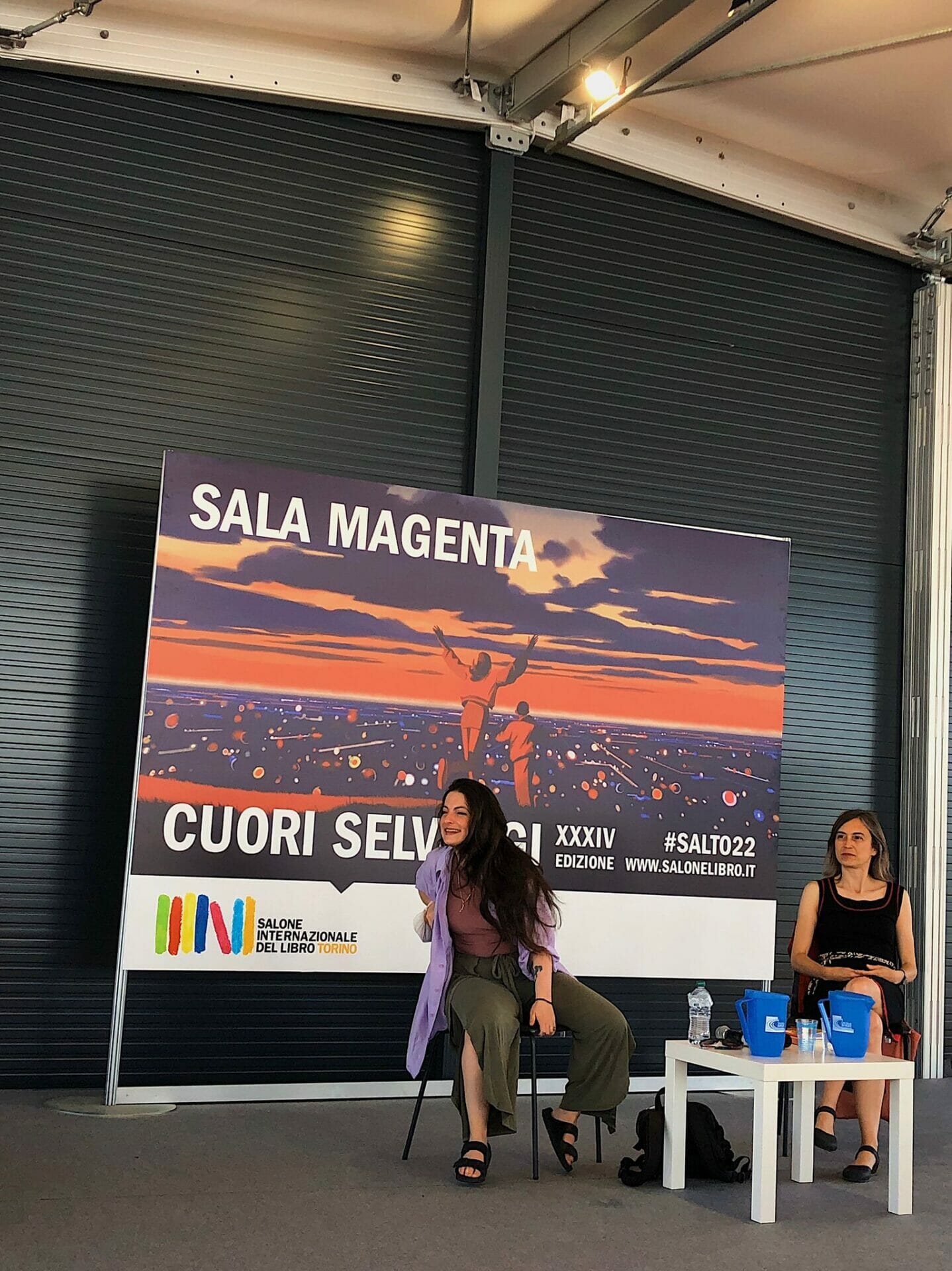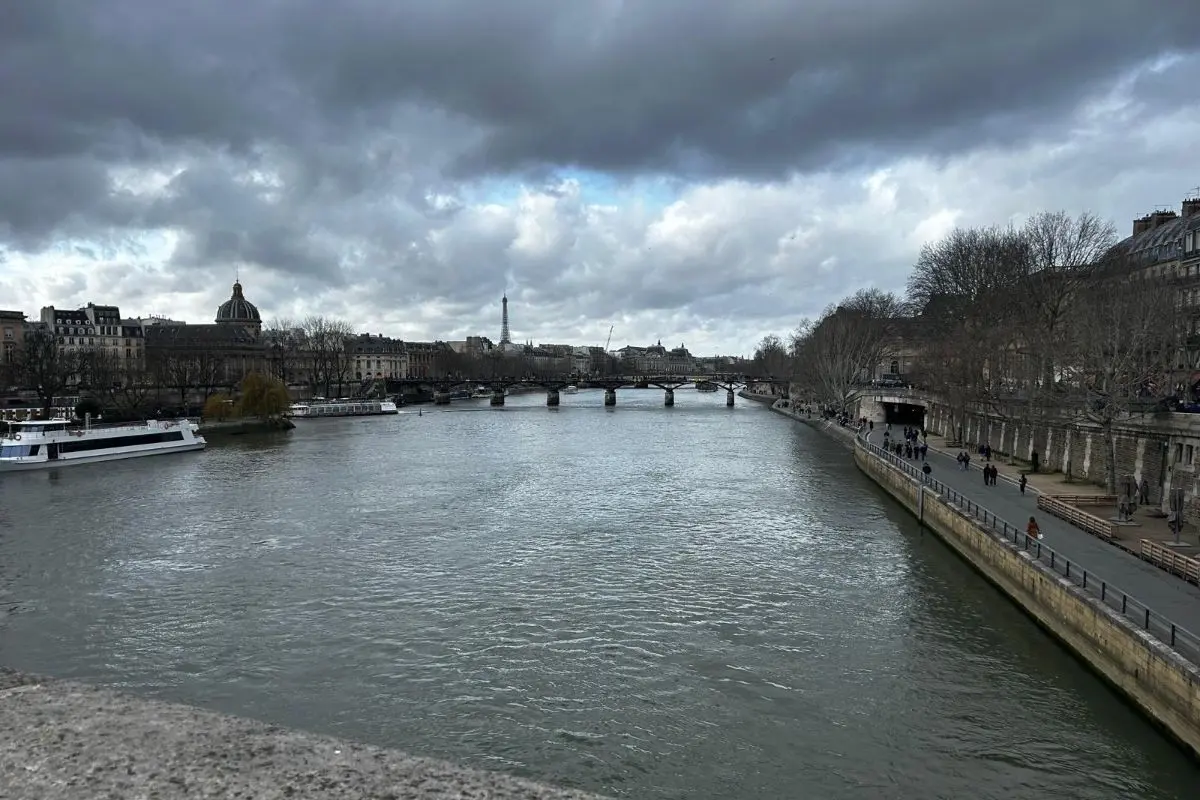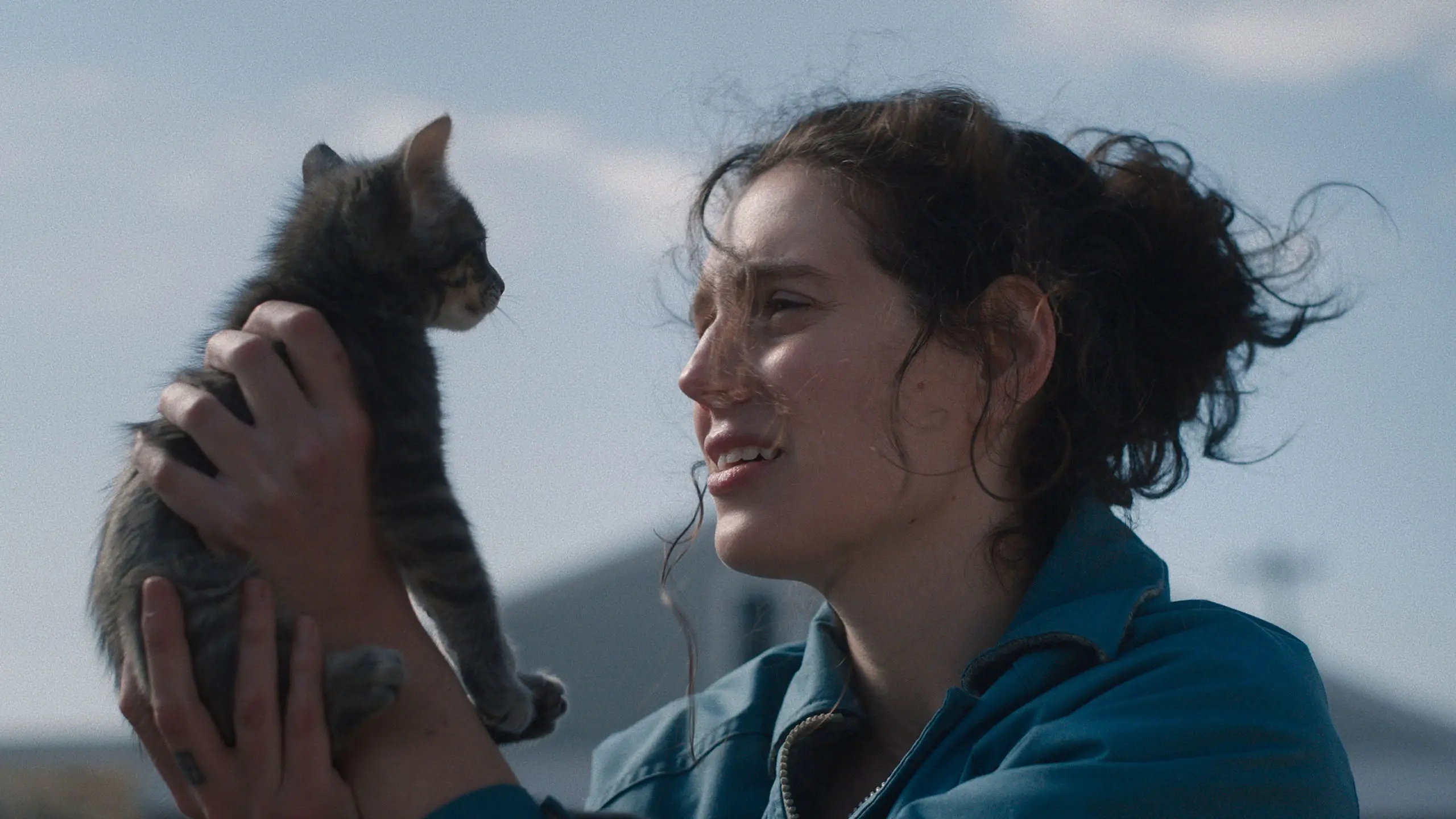
Since 2018 the Italian author Irene Graziosi, 31, has been working with social media, and it was in that year that, together with Sofia Viscardi, she created the YouTube channel Venti, of which she is currently the author and editorial editor. The channel revolves all around the daily experiences and routines of people in their 20s: relationships, roommates, sex, insecurity, and much more. The guests are some of the most well-known in the literary and musical Italian scene, such as Madame or Miss Keta, Giulia Caminito, Teresa Ciabatti, and Mario Desiati.
The channel has been a huge success, and today has more than 800,000 subscribers. Given the premise, one might expect Graziosi to be enthusiastic about the world of social media. It is exactly the opposite.
On May 21, Graziosi presented her first novel at the Turin International Book Fair, Il profilo dell’Altra (The profile of the Other), published by Edizioni E/O. She was interviewed by the translator Martina Testa. The meeting was also attended by Nicola Lagioia, the Director of the Turin International Book Fair. About her book, Lagioia wrote:
Few novels read in recent times have struck me as urgent and contemporary as The profile of the other. This is a sorrowful novel that is also a moral apologue, a coming-of-age story, an awareness of what hurts us but which we often fail to name.
Literature Vs. social media
The protagonist of The profile of the Other is Maya, who after her sister’s death is at an impasse in her life. Things change when she meets Gloria, an 18-year-old influencer with two million followers, and starts working for her. The book is about both the intense and complicated relationship between the two girls and the distorted world of social media, where appearance is far more important than authenticity.
During the lecture, Martina Testa asked Irene Graziosi why she felt the need to write a literary text since she was already writing for newspapers (for example Vice) and for Venti. Graziosi responded by saying that literature gives time back to people, both the writer and the reader. “Reading is a deep and spiritual experience – she said – It is very different from being on social media, where everything is a performance”.
Testa agreed, but also commented that for some content the book could easily have been turned into an essay. This is because some excerpts from the book resemble more anthropological analyses of our contemporary times.
“But novels- Graziosi affirmed- are very different from essays, because they are not intended to impose the author’s opinion or a thesis. The characters in the novels are more nuanced and ambiguous. In my book moreover, the narrator is unreliable, because everything is filtered through her opinion. The reader knows not to always believe her.”

No need to be political
If this novel is not just about individuals but also tells a story about the whole of society, one might think some of its content amounts to a political statement. But the answer is more nuanced again. For Graziosi, it is difficult to share a system of thought, for example, to call herself politically right or left-wing.
If there is something wrong you notice it, you don’t need to define yourself with labels. Perhaps the most political concept I have encountered in my life is feminism. I used to call myself a feminist. Now I don’t, because most words no longer make sense.
According to the author, many brands insist on important themes, such as feminism, environmentalism, and anti-racism only for their own profit. They know these are themes dear to the public and will make them earn money.
The discourse is different when these issues are addressed in the literature. In fact, Graziosi states to have read many feminist theorists. Speaking of some of the writers she considers her masters, she mentions Elena Ferrante, Goliarda Sapienza, and Jennifer Egan. “While I was writing this book I was reading Roberto Bolaño – she added – He is so good that he made me want to write”.
Looking for ways to escape
A controversial theme of Graziosi’s generation is visibility. “People tend to think they exist if there is someone to see them – she said – This happens not only in social media but also in politics and publishing.” Testa added that social media can never create readers. At most, they create a market for books. But even if new books were no longer published, readers would still exist.
According to Irene Graziosi, the great trap of social media is that users are constantly being asked to react. Readers, instead, can forget about themselves to dive into a story. “Something like being hungover or while dancing.” It is like a transcendence, a way of detaching from the body. “And I am always looking for ways to escape” Graziosi concludes.









